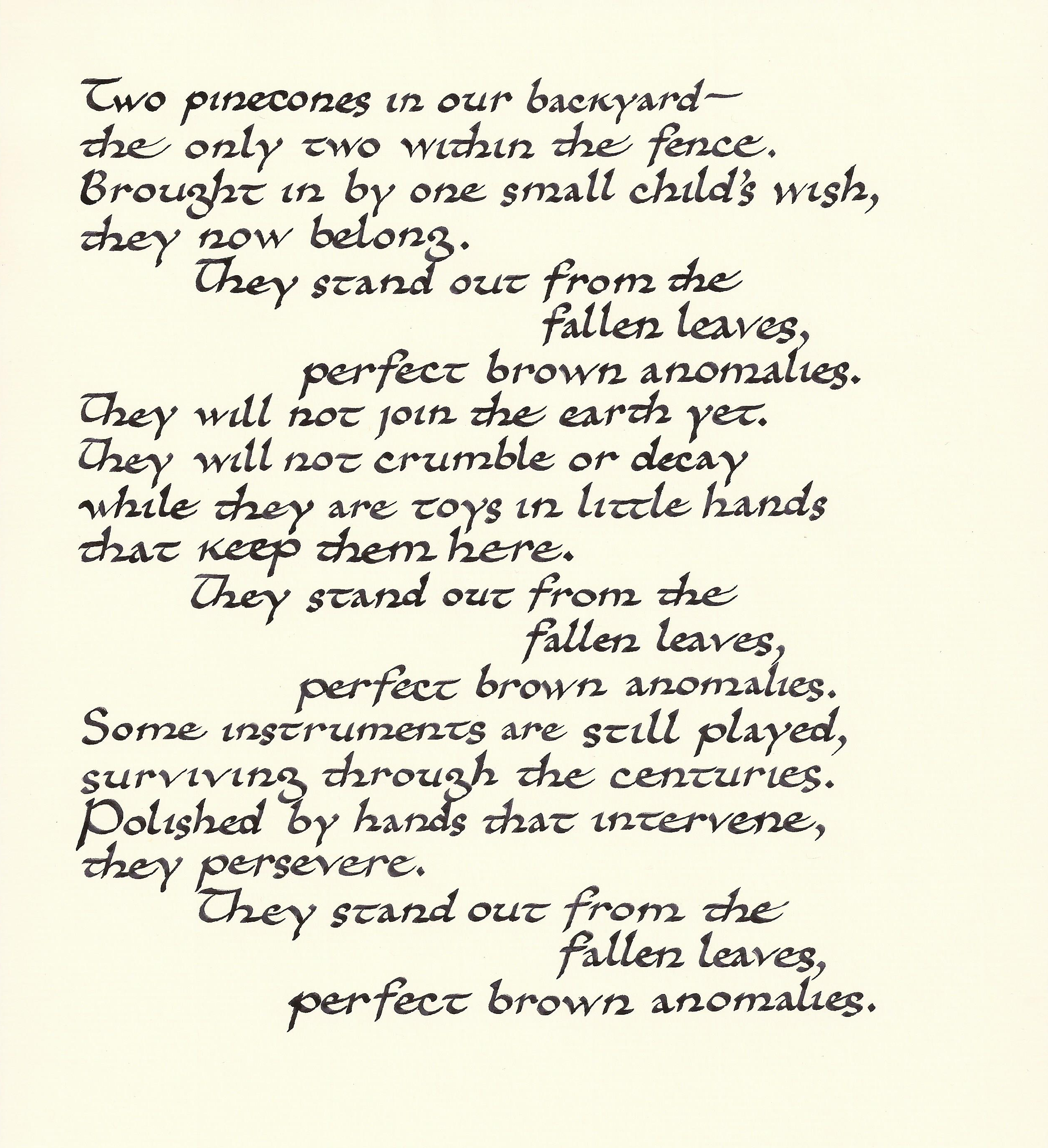Having already read the "fanfic" that came from this work, what struck me first and foremost when I read The Song of Roland was its ancient tone. I know I was reading in translation, but I felt through the translation the same tone that I have discerned in Francis Magoun's translation of the Kalevala - or in the Heaney and Chickering translations of Beowulf. Or the various translations of Homer that I've read.
I also had a Mormon moment while reading it: at the end, when Charlemagne laments how hard his life is, I thought of Mosiah 29:33:
And many more things did king Mosiah write unto them, unfolding unto them all the trials and troubles of a righteous king, yea, all the travails of soul for their people, and also all the murmurings of the people to their king; and he explained it all unto them.
I really like Umberto Eco's essay "Dreaming of the Middle Ages" (in Travels in Hyperreality
And the other thing: no sex. Orlando Furioso and The Faerie Queene, with all their sex, remind me of fantasy scenes by Frank Frazetta (also mentioned in Eco's essay), as well as Larry Elmore and Boris Vallejo and Julie Bell (not so different from Ingres' famous scene of Ruggiero and Angelica, really). The Song of Roland to me is . . . more like a Bolt Thrower album cover, maybe? At least in the battle scenes.
Maybe that's not quite fair. But so much violence! Njal's Saga has that famous scene where Skarp-Hedin splits Thrain's skull as he skates by, so that teeth clatter onto the ice - I thought of that as I read Roland, which in parts was like that scene amplified and repeated at Peter Jackson levels of absurdity. Eyes flying out of their sockets, brains coming out of ears, blood pouring down over armor . . . I won't lie, it all made me a bit sick.
Some years ago I read Millennium; A History of the Last Thousand Years
I still enjoyed reading it now, and wish that I had read it at age 16. Reading Suzannah's comments on it have helped me to appreciate it more finely. So thanks, Suzannah, for the challenge! The Sayers translation of Roland is firmly on my wish list, and I look forward to next year's epic.
